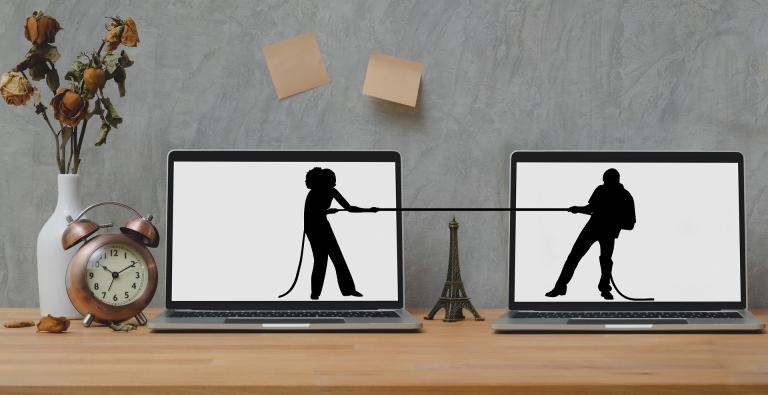My daughter has a friend who suddenly had a panic attack. He became immobilized with anxiety. In fact, it was so severe that he had to stop walking and sit down. She called for help on what to do. If you are with someone who experiences a panic attack, here are some guidelines.
Before we begin, I do need to say that if someone has a history of heart problems or a serious medical condition, you should err on the safe side and seek immediate medical attention. They could be having a heart attack. Sometimes it can be difficult to tell the difference between panic and heart attack, especially if the person has never had panic before. Panic attacks do not cause heart attacks. However, on-going anxiety and stress are problematic over time. Panic symptoms usually come on suddenly and are typically over in several minutes.
Back to the friend who has no heart issues and is having a panic attack. Here is what you do.
- Stay Calm: When you stay calm, it helps calm the other person. Remember it is only panic and will pass. Tell the person, he is experiencing a panic attack. Yes, it feels scary, but will pass.
- Get the person to a quiet place if you can: If you are in a crowd or busy place, take the person to a quiet corner, away from the crowd or lean up against a wall.
- Tell him to breathe slowly, deep from the diaphragm: This will begin to induce a relaxation response incompatible with the panic. Slow, deep breaths-inhale on the count of 4 and release on the count of 4. While he is slowly breathing, don’t tell him to calm down. That doesn’t help in the moment and may invalidate a very emotional feeling. Instead, focus on the breathing and do it with him.
- Get him to focus on the ground or an object in sight, something that will distract the brain away from anxiety and re-engage the thinking part of the brain. Talk about the object, describe it; or notice his feet on the ground and focus on his feet and feeling the ground or floor. This is a grounding technique to bring the person back to present moment vs perceived fear (the trigger for panic). Doing this will help the brain recognize where you are in the moment.
- You can also ask him to do some light stretching while focusing on the deep breathing. This changes the physical sensations away from those associated with panic like racing heart, sweating, dizziness, etc. Stretch with him in the moment.
- Stay and pray with the person. Remind him that God is present and promises to cast out fear-focus on the Lord. Say his name. Thank him for his presence and his spirit that is in us.
While the Bible doesn’t name panic attacks, the psalmist seems to describe it well in Psalm 55.
“My heart is in anguish within me; the terrors of death have fallen on me. Fear and trembling have beset me; horror has overwhelmed me. I said, ‘Oh, that I had the wings of a dove! I would fly away and be at rest. I would flee far away and stay in the desert.’”
Then he changes his focus. “As for me, I call to God, and the Lord saves me. Evening, morning and noon I cry out in distress, and he hears my voice.” The writer ends the Psalm with a prescription, “Cast your cares on the Lord and he will sustain you; he will never let the righteous be shaken. But as for me, I trust in you.”
Because panic is based in perceived fear, remind yourself that perfect love, the love of God, casts out that fear. The psalmist acknowledged his feelings and accepted them. He didn’t ignore the panic, but did want to run from it. Instead, he faced it. He called out to God, replaced his fear with the truth of God’s presence and care and calmed down. This is a great model that can work for you. Breathe and focus on the goodness of God.



